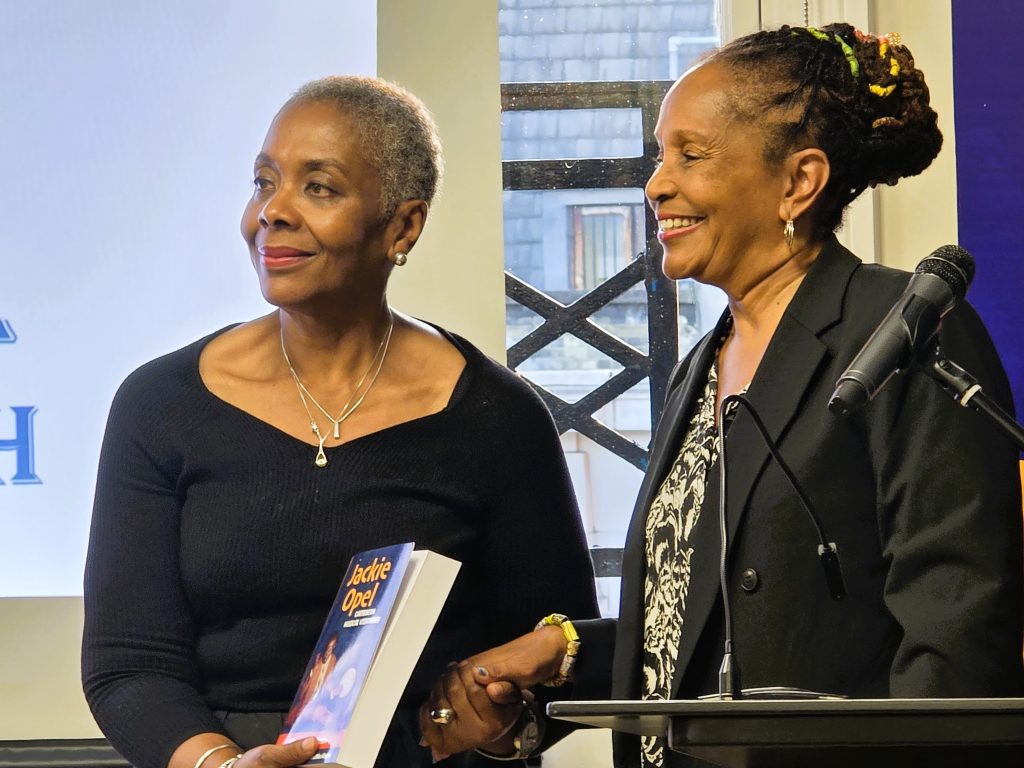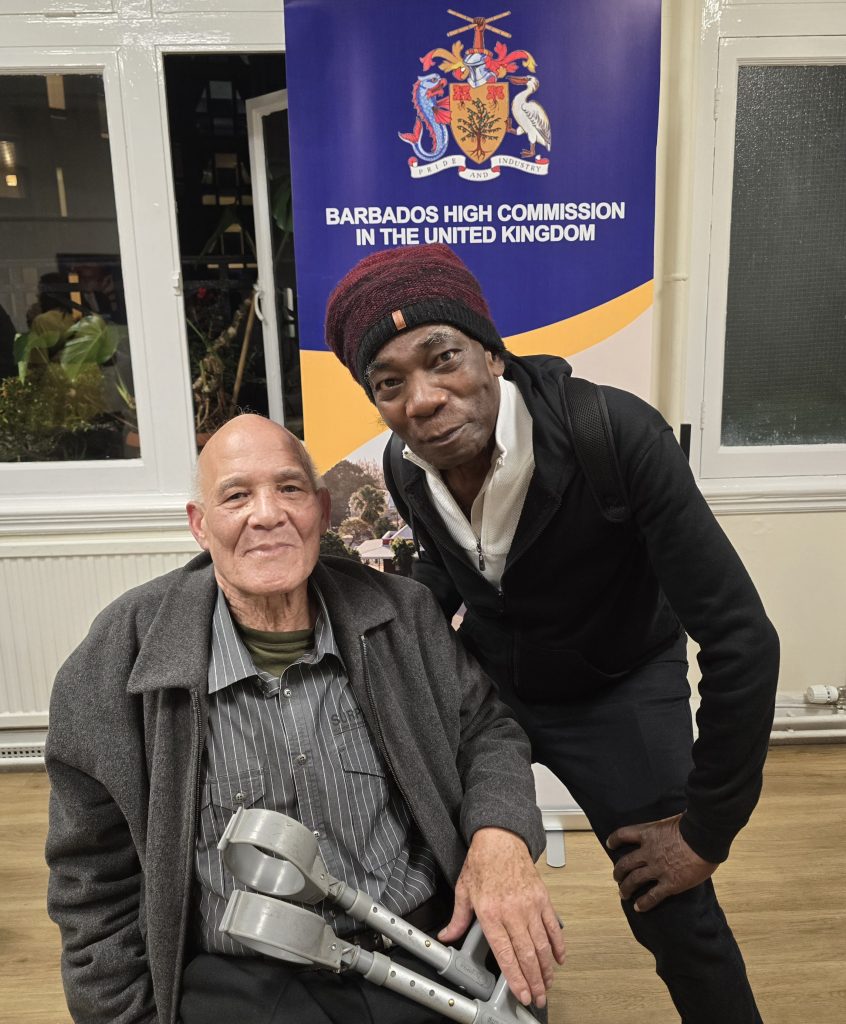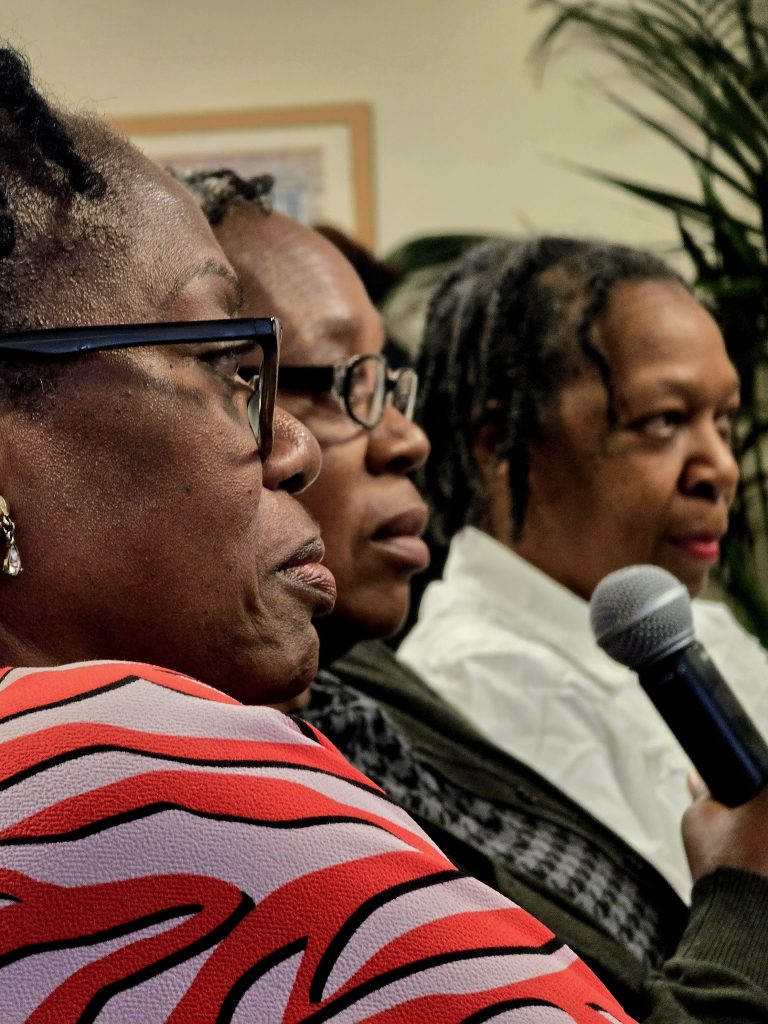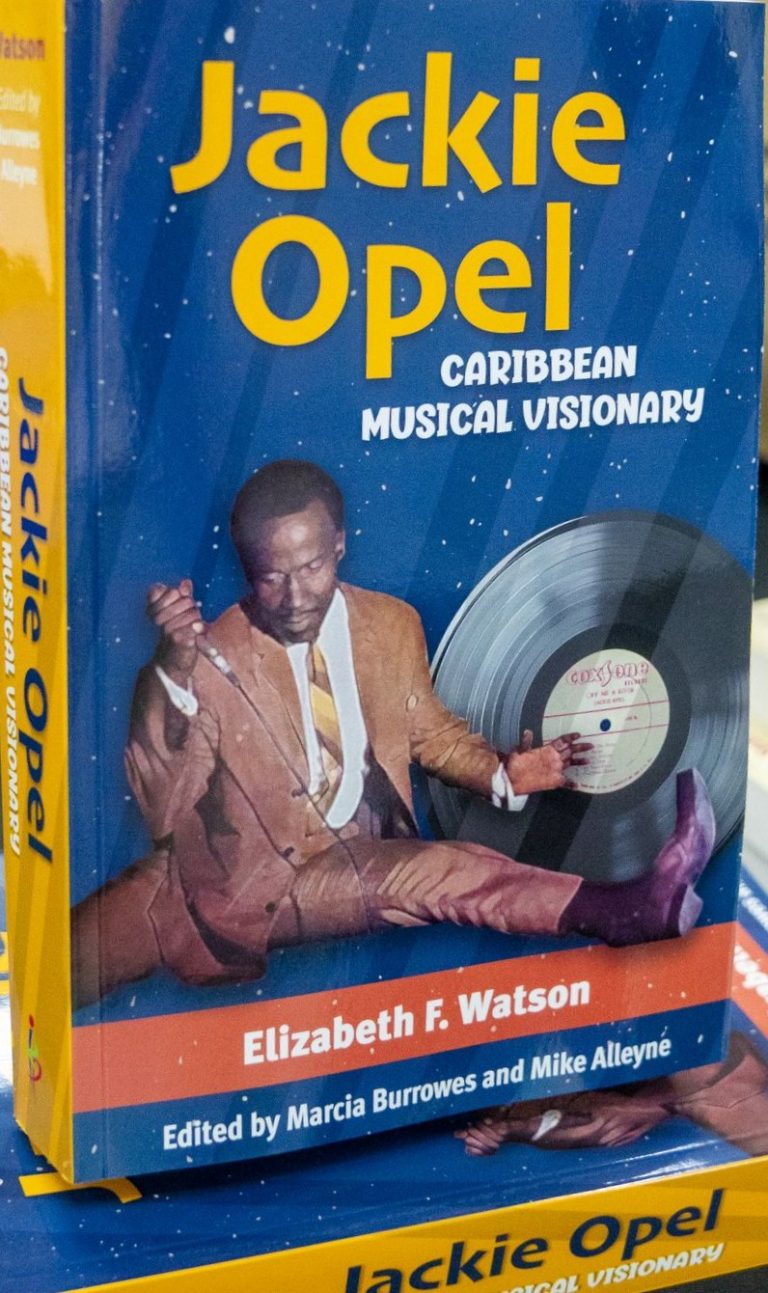Barbadian legend Jackie Opel was honoured on Saturday, 11th October at a book launch held at the Barbados High Commission in London. Although renowned throughout Jamaica and the Caribbean, Opel’s life in Barbados differed significantly from his experiences abroad.
His story is chronicled in the late Dr Elizabeth Watson’s recent book, *Jackie Opel: Caribbean Musical Visionary*, which captures his brief but influential life. The work is based on her doctoral thesis, “Uncovering and Recovering Caribbean Popular Music: Jackie Opel as a Case Study”. The book offers a definitive discography and new insights into Opel’s creative development and enduring cultural legacy.

Dr Marcia Burrowes from UWI Cave Hill’s FCCPA presented at the event, having co-edited the book with Professor Emeritus Mike Alleyne. She shared insights about Watson’s background in Cultural Studies and her pioneering seminar titled “Excavating Jackie Opel.”
Dr Burrowes revealed that she advised Ms Watson regarding her use of the word “excavating,” suggesting it appeared more archaeological than cultural. Ms Watson explained her reasoning, stating that people in Barbados, Jamaica, and across the Caribbean and diaspora did not possess a comprehensive understanding of Jackie Opel’s story. Her goal was to uncover various narratives about Jackie Opel, examine and analyse them, and eventually publish her findings as a book.
For many Barbadians, Jackie’s story begins in 1969 with the emergence of Spouge and appears to conclude suddenly in March 1970 following his death in a car accident. While this musical genre seemed to appear unexpectedly, it is important to note that by 1969, Opel had already become a significant presence in the Caribbean music scene, particularly in Jamaica.
Many Barbadians are similarly unaware of Jackie Opel’s influence in Jamaica. At the same time, they may recognise Ska music, but few realise that Jackie Opel served as the lead singer for the Skatalites and was instrumental in defining the voice of Ska. Furthermore, Opel not only performed vocally but also composed numerous pieces, both instrumental and with lyrics. Other artists performed several of his written works.
In her address, Burrowes noted that the Opel narratives covered several years and involved multiple Caribbean countries, including Barbados, Trinidad, and Jamaica. She also stated that Jackie Opel’s influence in Jamaica has led some Jamaicans to believe that Jackie was from Jamaica.

During an engaging Q&A session, many members of the audience connected with the topic and shared stories about Jackie Opel. Notably, Denis Bovell—a renowned reggae musician and songwriter—was present. In fact, Bovell had a similar experience early in his career with the band Matumbi, one of the top British reggae bands of the 1970s and early 1980s, when people mistakenly assumed he was Jamaican.
In a packed room attended by numerous community members, including several notable local musicians and respected figures from the UK. Guests were officially welcomed by Acting High Commissioner Mackie Holder and Diaspora Attaché Betty Lewis, who served as hosts for the event.



